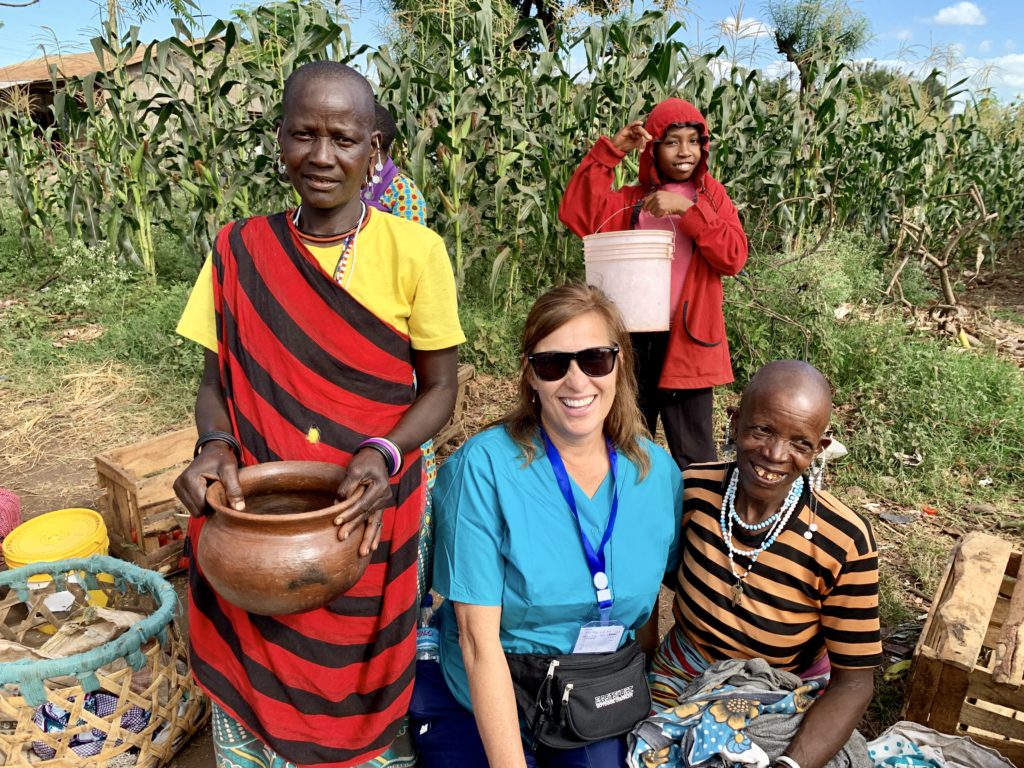The Heart of ISL
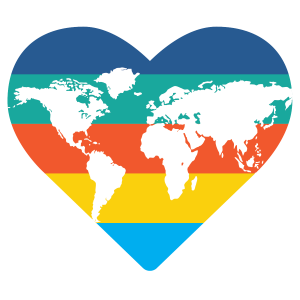
International Service Learning (ISL) is a non-governmental organization that has been offering volunteers experiential learning opportunities in health care, education, ecology, and community development since 1994 while offering sustainable aid in developing communities. ISL programs are open to volunteers, both students and professionals, interested in gaining valuable experience in their chosen field, exploring another culture, and assisting those in need.
For the past thirty years, International Service Learning (ISL) has been leading groups of volunteers to countries worldwide providing essential community and medical services for those in need. We are passionate about providing a conduit for our volunteers to explore and travel a new part of the world. We hold with the utmost conviction that for volunteers to be successful they need to learn from professionals of the country they serve in. We believe in the power of the individual that chooses to serve and make a difference in the lives of others with their own two hands. ISL is a community of driven, empathetic, and ambitious individuals that seek to make volunteering in a new country an accessible opportunity for everyone. The sum all these ideas is what we consider “The Heart of ISL”.
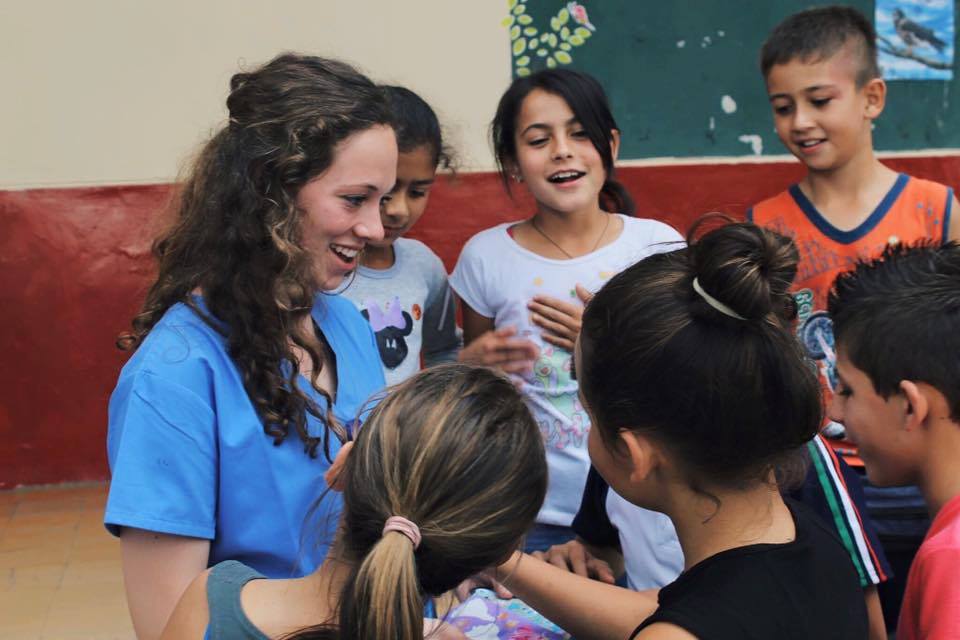
Overview
International Service Learning (ISL) offers experiential, multi-disciplinary humanitarian programs in Latin America, the Caribbean, and Tanzania.
We provide healthcare to tens of thousands in developing communities annually. We perform health services in the field under sometimes difficult (and always unpredictable and challenging) circumstances.
Our mission is to support cultural awareness, service-based learning, and sustainable development through experiential and responsible volunteer travel programs that inspire a lifestyle of service.
The Goals of Every ISL Team:
- Provide vital services for developing communities
- Experience a new culture
- Enjoy some amazing recreational time with your team
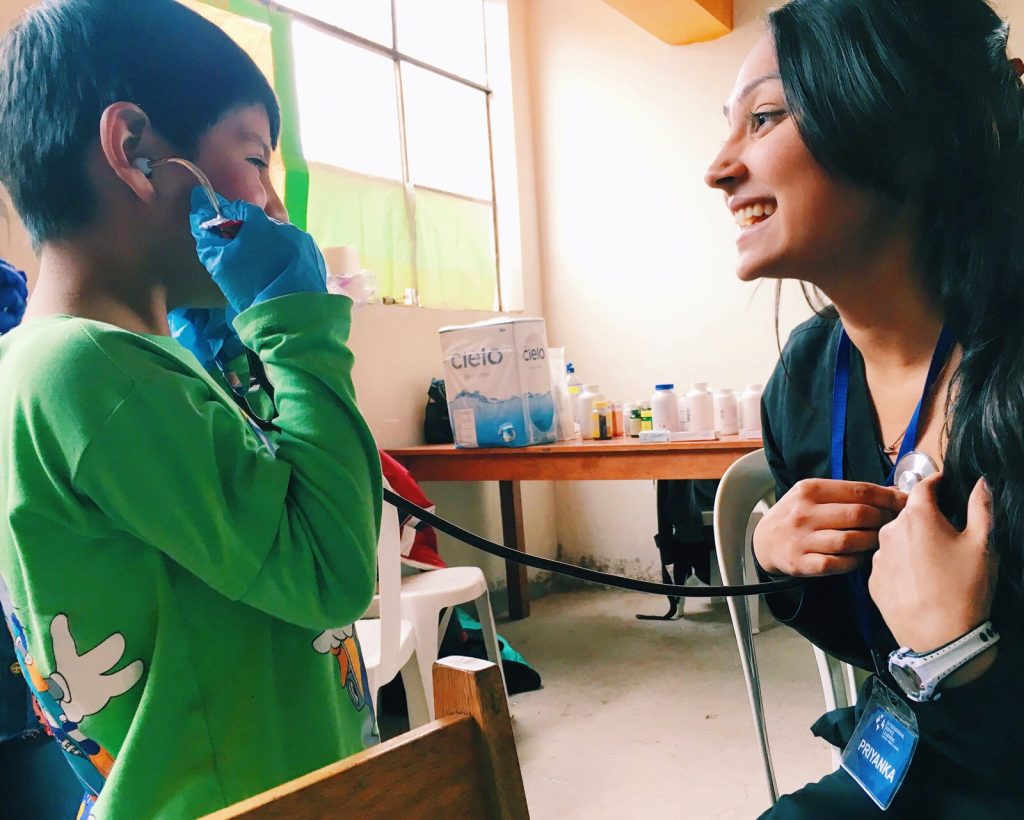
What to expect… A day in the life of a volunteer.
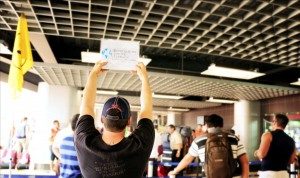
An ISL staff member picking up volunteers at the airport.
You start your ISL experience by traveling to the country you are serving by airplane or bus. Once you arrive in the country you’ll travel by bus, boat, truck, horseback, or even on foot. With exception of your arrival and departure, you’ll always be traveling with ISL staff who can share information about the country, culture, and customs.
From the airport, you’ll be taken to your temporary home for the duration of the trip. Housing will vary from hotels, guest houses, homes, or even a convent. You will always have safe food, bottled water, access to a shower, and a bed. You’ll have time to meet your fellow volunteers and get acquainted with your new surroundings.

A volunteer getting to know the people of a Tanzanian community.
The next days will vary depending on your program. You may end up preforming public health surveys, helping rebuild a dilapidated school, hiking through the jungle to bring medical supplies to a remote village, or perhaps even teaching children fundamental academic and life skills. The service aspect of your trip will depend largely on which country and program you join.
Between these periods of service, you’ll experience local culture, customs, and cuisine. You’ll have opportunities to take in breathtaking scenes in nature, including beaches and rainforests. You may visit Mount Kilimanjaro or Machu Picchu if you travel to Tanzania or Peru. There may be zip-lining, monkey petting, or maybe even a little shopping in larger cities.
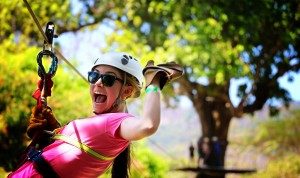
An ISL volunteer enjoying a zip line.
Your most significant takeaway from an ISL trip may be what you learn. Whether its learning about the people of the country you are serving and what they value, or taking home lessons of a lifetime about yourself, ISL firmly believes that the best learning cannot be confined to a classroom.

A group of volunteers posing for a photo as they reflect on their trip.
Each volunteer will take home different lessons, experiences, and memories from their trips. While we consistently offer a range of different programs in an array of countries, no two trips are really the same. We strongly encourage you to check out the country and program pages to learn more about these exciting opportunities.
Statement of Best Practices in Global Community Health
We at ISL observe the Platinum Rule when it comes to community outreach: We do our utmost to treat people the way they want to be treated. It is very important to us that we are not focused on meeting perceived needs nor imposing our needs upon those of other cultures, but rather building relationships in which our partner communities are encouraged to share their vision and let us know how we can assist them in meeting their goals.
Over the past three decades, ISL has refined a system for delivering responsible care for populations in developing communities. In each of our service locations, ISL operates as the hands of local ministries of health, reaching out to communities they are unable to assist due to resource limitations. In addition to serving vulnerable citizens, ISL is often the sole health care provider for immigrants with no access to their host country’s health services.
In the clinical setting, no patient interaction takes place until the patient has signed a consent form. Diagnoses are made and treatment and prescriptions are given only by the local physicians who supervise every clinical activity in which our volunteers are involved. Each health care professional employed by ISL is fully licensed.
All services we provide must be in the best interests of our partner communities, not only immediately, but long term.
Donations
-
We suggest that if you would like to bring donations, specifically medications, that you consider bringing cash and purchase those items in the country.
-
Other donation items, eg, crayons, coloring books, small toys, etc. can also be purchased in the country, but if you choose to purchase them prior to your travel, please know that you may need to pay an import duty upon arrival at customs.
- By bringing cash, and purchasing items in-country, you are both helping those that you serve, as well as the local economy.
- Your Country Coordinator will facilitate the purchasing of items as they know their communities
Marks of Distinction
- There are areas of Belize where ISL is the sole provider of community health services.
- Our Mexico programs are collaborations with local, regional and national government health agencies.
- In Costa Rica, ISL provides health services to immigrants who otherwise have no access to health care.
- ISL has secure alliances with medical schools in Costa Rica that enable Costa Rican medical students to serve vulnerable communities’ hand-in-hand with ISL volunteers.
- ISL in the sole provider of support and training at Hogar Manos Abiertas, a shelter in Costa Rica for those with disabilities who have been abandoned by their families.
Personal Statements from ISL Leadership:
“Since 1994, we have served hundreds of thousands of people in need across hundreds of communities around the world. This is our mission, our vision, our goal, and it defines what we call the ‘Heart of ISL,’ a heart for service. This heart motivates us to go above and beyond the call of duty to ensure that needs are being met and our service communities are able to grow.
ISL goes beyond the bottom line in defining our success. We don’t have annual financial goals to dictate our actions, we have community project goals and program quality goals. Our staff work long hours to achieve these goals. We have high professional standards that we expect all of our employees and contractors to adhere to in order to achieve the level of support and excellence that defines the ISL experience. We focus on providing a safe, quality experience for our volunteers and building capacity in our partner communities. I’m excited about what we have to offer, and I’m glad you are considering partnering with us!”
Jonathan Birnbaum,
Executive Director ISL
“ISL has allowed many volunteers to see the world with eyes of compassion and solidarity and to discover or confirm their true calling. For me, ISL has done the same. I am so grateful.”
Sonia Hernandez, PhD,
International Director ISL
“We hear regularly from patients and local government and health officials about the positive impact ISL teams make in our partner communities. We also hear regularly from ISL alumni inspired to further their educations and become volunteers in their own communities
Their stories leave us humbled. It is an honor and a privilege to serve those in need and to enable present and future leaders and professionals to become global citizens.”
Diannah Fields-Brown,
Operations Director ISL
